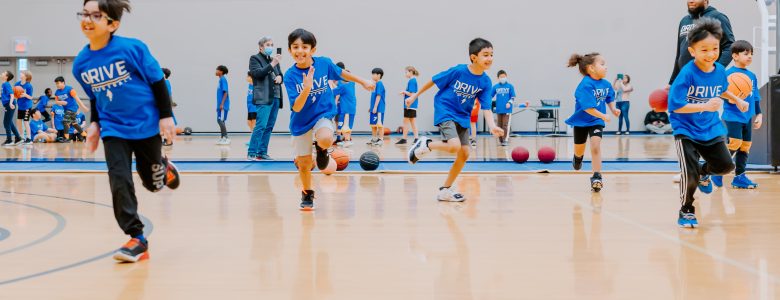The Year-Round Sports Dilemma: Why Club Soccer, Not Basketball, Drives Early Specialization
Club sports are an essential part of youth development, but they often come under scrutiny for promoting early specialization and pressuring kids to play year-round. While AAU and club basketball frequently receive criticism in this regard, my experience has shown that it’s actually club soccer—particularly in girls’ programs—that places a much stronger emphasis on playing full-year, all-season, and never missing an event.
For many families, this creates a difficult dilemma: How do you balance soccer’s year-round demands with a desire to allow children to play other sports? The pressure to specialize early and avoid falling behind can be overwhelming, leading to tough decisions about what’s best for a young athlete’s long-term development.
The Pressure to Play Soccer Year-Round
In club soccer, especially for girls, there’s often an unspoken expectation that players will participate year-round, attending every season, camp, and tournament. Parents are told that missing out on any of these events could cause their child to fall behind in skill level or be overlooked for future opportunities. This creates a tremendous amount of pressure, both on the athlete and the family.
The fear of falling behind can drive many families to commit fully to soccer, even at the expense of other sports or activities. Young athletes are then locked into a schedule that doesn’t allow for flexibility, rest, or the chance to explore other interests. For many kids, this leads to burnout, overuse injuries, and—ironically—a decline in their love for the game.
The Myth of Early Specialization
While the pressure to specialize early is common in soccer, research consistently shows that early specialization in a single sport isn’t always the best path for long-term success. Playing multiple sports allows young athletes to develop a broader range of physical and mental skills. It reduces the risk of burnout, promotes overall athleticism, and often leads to better performance in their primary sport later in life.
In contrast, the “play year-round or fall behind” mindset in soccer limits young athletes from exploring different sports and activities, which can actually hinder their development. This is where the balance becomes tricky for families who want to allow their children to pursue soccer but also want them to experience the benefits of playing other sports.
The Club Basketball Difference
Interestingly, AAU and club basketball, which often get blamed for pushing early specialization, tend to offer more flexibility compared to club soccer. While basketball is a demanding sport, many basketball programs still encourage multi-sport participation, especially during the offseason. Kids have the opportunity to develop a range of skills that complement their basketball abilities—such as agility from soccer or endurance from track and field.
Basketball clubs, particularly in well-run programs, often understand the importance of balancing training, rest, and allowing young athletes the freedom to participate in other activities. In this way, basketball can actually serve as a model for how to foster well-rounded development without the intense pressure to specialize early.
Finding Balance
For families with young athletes, the key challenge is finding balance—allowing children to enjoy the sport they love while also giving them the freedom to explore other interests. Soccer, particularly in the club environment, often makes this difficult by setting the expectation of year-round commitment. But families need to understand that long-term success doesn’t come from endless playing time in one sport alone.
It’s okay to step back from the year-round grind and let your child experience other sports, rest, or simply be a kid. In the long run, this balance is healthier for both their physical and mental well-being, and it allows them to develop a true passion for the game.
Final Thoughts
While AAU and club basketball sometimes get blamed for promoting early specialization, it’s often club soccer—especially in girls’ programs—that creates the real pressure to play year-round and avoid missing any event. This all-or-nothing mindset can be tough for families to navigate, but it’s important to remember that playing multiple sports and taking time for rest can lead to better long-term results.
Finding the right balance isn’t easy, but it’s crucial for developing well-rounded, happy athletes who love the game.
Pasha Bains
Founder, Drive Basketball

